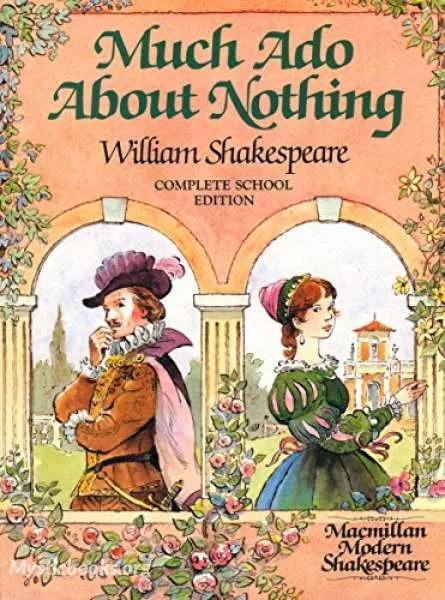
Much Ado About Nothing
'Much Ado About Nothing' Summary
In Messina, a messenger brings news that Don Pedro will return that night from a successful battle, along with Claudio and Benedick. Beatrice asks the messenger about Benedick, and mocks Benedick's ineptitude as a soldier. Leonato explains that "There is a kind of merry war betwixt Signor Benedick and her."
On the soldiers' arrival, Leonato invites Don Pedro to stay for a month, and Benedick and Beatrice resume their "merry war". Pedro's illegitimate brother, Don John, is also introduced. Claudio's feelings for Hero are rekindled, and he informs Benedick of his intention to court her. Benedick, who openly despises marriage, tries to dissuade him. Don Pedro encourages the marriage. Benedick swears that he will never marry. Don Pedro laughs at him, and tells him that he will when he has found the right person.
A masquerade ball is planned. Therein a disguised Don Pedro woos Hero on Claudio's behalf. Don John uses this situation to sow chaos by telling Claudio that Don Pedro is wooing Hero for himself. Claudio rails against the entrapments of beauty. But the misunderstanding is later resolved, and Claudio is promised Hero's hand in marriage.
Meanwhile, Benedick and Beatrice have danced together, trading disparaging remarks under cover of their masks. Benedick is stung at hearing himself described as "the prince's jester, a very dull fool", and yearns to be spared the company of "Lady Tongue". Don Pedro and his men, bored at the prospect of waiting a week for the wedding, concoct a plan to match-make between Benedick and Beatrice. They arrange for Benedick to overhear a conversation in which they declare that Beatrice is madly in love with him but too afraid to tell him. Hero and Ursula likewise ensure that Beatrice overhears a conversation in which they themselves discuss Benedick's undying love for her. Both Benedick and Beatrice are delighted to think that they are the object of unrequited love, and both resolve to mend their faults and declare their love.
Meanwhile, Don John plots to stop the wedding and embarrass his brother and wreak misery on Leonato and Claudio. He tells Don Pedro and Claudio that Hero is "disloyal", and arranges for them to see his associate, Borachio, enter her bedchamber and engage amorously with her (it is actually Hero's chambermaid). Claudio and Don Pedro are duped, and Claudio vows to publicly humiliate Hero.
The next day, at the wedding, Claudio denounces Hero before the stunned guests, and he storms off with Don Pedro. Hero faints. A humiliated Leonato expresses his wish for her to die. The presiding friar intervenes, believing Hero innocent. He suggests that the family fake Hero's death to inspire Claudio with remorse. Prompted by the day's stressful events, Benedick and Beatrice confess their love for each other. Beatrice then asks Benedick to kill Claudio as proof of his devotion. Benedick hesitates but is swayed. Leonato and Antonio blame Claudio for Hero's supposed death and threaten him, to little effect. Benedick arrives and challenges him to a duel.
On the night of Don John's treachery, the local Watch overheard Borachio and Conrade discussing their "treason" and "most dangerous piece of lechery that ever was known in the commonwealth", and arrested them therefore. Despite their ineptness (headed by constable Dogberry), they obtain a confession and inform Leonato of Hero's innocence. Don John has fled, but a force is sent to capture him. Claudio, remorseful and thinking Hero dead, agrees to her father's demand that he marry Antonio's daughter, "almost the copy of my child that's dead".
After Claudio swears to marry this other bride, this bride is revealed to be Hero. Claudio is overjoyed. Beatrice and Benedick publicly confess their love for each other. Don Pedro taunts "Benedick the married man", and Benedick counters that he finds the Prince sad, advising him: "Get thee a wife". As the play draws to a close, a messenger arrives with news of Don John's capture, but Benedick proposes to postpone deciding Don John's punishment until tomorrow, so the couples can enjoy their newfound happiness. The couples dance and celebrate as the play ends.
Book Details
Authors
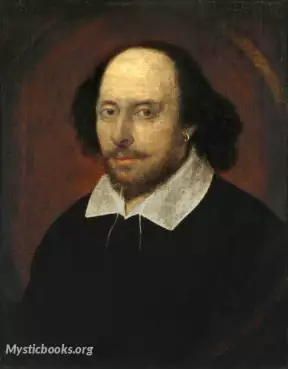
William Shakespeare
United Kingdom
William Shakespeare was born on April 23, 1564, in Stratford-upon-Avon. The son of John Shakespeare and Mary Arden, he was probably educated at the King Edward VI Grammar School in Stratford, where he...
Books by William ShakespeareDownload eBooks
Listen/Download Audiobook
Related books
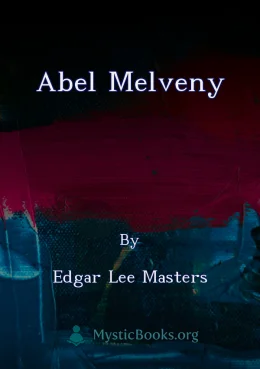
Abel Melveny by Edgar Lee Masters
This introspective poem, "Abel Melveny", is one of the many poignant narratives found in Edgar Lee Masters's celebrated work, *Spoon River Anthology*...
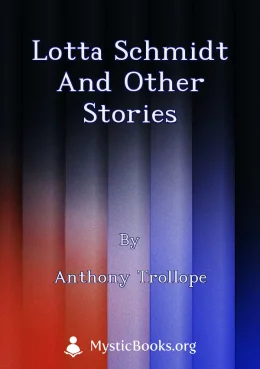
Lotta Schmidt and Other Stories by Anthony Trollope
This collection of short stories by Anthony Trollope explores themes of love, relationships, and societal pressures in diverse settings. The stories...
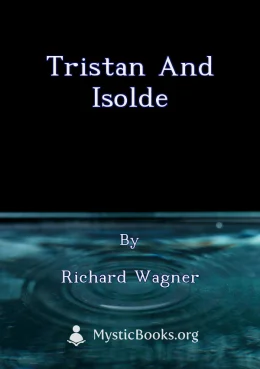
Tristan and Isolde by Richard Wagner
This book presents the libretto of Richard Wagner's opera *Tristan und Isolde*, translated into English by John P. Jackson. The libretto, originally...

Liar by Henry James
In Henry James's 'Liar', a successful painter, Oliver Lyon, reconnects with the woman he once loved, Lady Barbara Peverel, during a visit to an Englis...
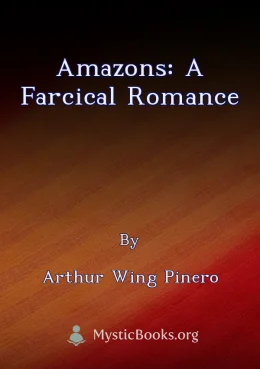
Amazons: A Farcical Romance by Arthur Wing Pinero
Amazons is a farcical romance by Arthur Wing Pinero that explores the outlandish idea of women wearing pants. The play centers around the predicament...
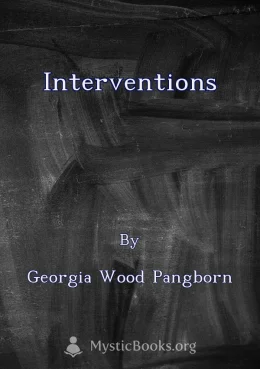
Interventions by Georgia Wood Pangborn
This collection of short stories explores themes of social commentary, love, mystery, and loss. Pangborn's narratives often center around children, w...
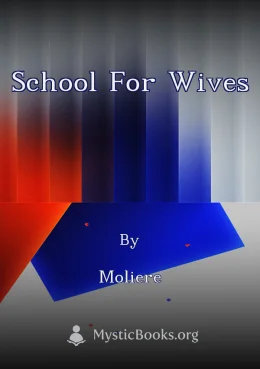
School for Wives by Moliere
Molière's 'The School for Wives' is a satirical comedy that explores themes of love, marriage, and social control. The play follows Arnolphe, a wealth...
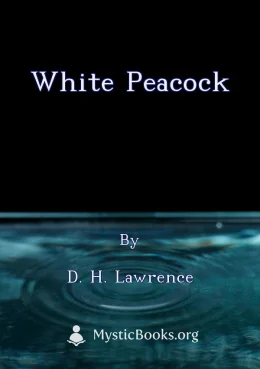
White Peacock by D. H. Lawrence
Set in the English Midlands, *White Peacock* delves into the complexities of love, social expectations, and the impact of industrialization on rural l...

Várias Histórias by Joaquim Maria Machado de Assis
Várias Histórias is a collection of short stories by Machado de Assis, a celebrated Brazilian writer. The stories, initially published in the Gazeta d...
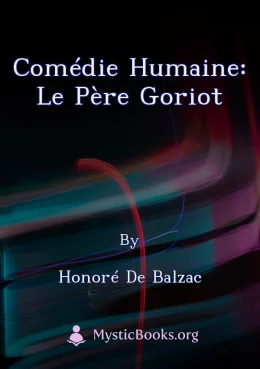
Comédie Humaine: Le Père Goriot by Honoré de Balzac
Le Père Goriot est un roman d’Honoré de Balzac, écrit en 1834, dont la publication débute dans la Revue de Paris et qui paraît en 1835 en librairie. I...
Reviews for Much Ado About Nothing
No reviews posted or approved, yet...